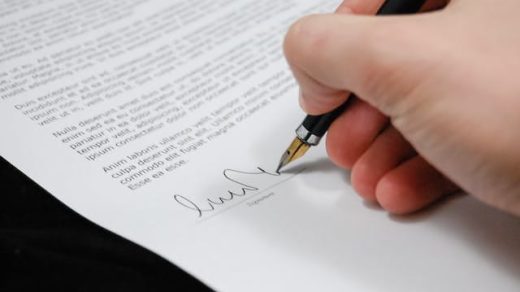Introduction
Following a flood, the waters and your home are filled with a variety of hazards. If you’re not careful, bacteria, mold, electricity, and swift streams can all endanger your health and safety. Here are some of the most prevalent dangers that might occur after a flood in your house, as well as some recommendations on how to avoid them according to the best water damage restoration contractors:
Infections
- By eating or drinking infected items, you can get an illness. Floodwaters can directly or indirectly contaminate food with pathogens such as E. coli or Salmonella during a power outage. If you come into contact with floodwater, you risk getting a wound infection.
- Food that has come into direct contact with floodwater, such as bottled drinks and items in jars, as well as any food that looks or smells odd, should be thrown away. Canned products that are in good condition can be washed and disinfected.
- Perishable items such as meat and eggs that have been left at temperatures above 41 degrees Fahrenheit for more than four hours should be discarded.
- All medicines, cosmetics, and other toiletries that have come into contact with floodwater should be thrown away.
- If you’ve come into touch with floodwater, wash your hands repeatedly with soap and water.
- Allowing children to play in floodwater or with floodwater-contaminated toys is not a good idea.
- If you have an open wound, keep it clean, wrap it in a waterproof bandage, and keep it out of the floodwater.
Respiratory Hazards
- Mold can form within 24-48 hours of a flood, so stay away from it. Before returning to your home, mold must be eliminated. Hire a professional damage repair company like Puro Clean to clean up mold and water damage.
- To avoid carbon monoxide buildup, use gasoline, propane, and diesel-powered equipment only in well-ventilated outdoor settings.
- Paint surfaces and pipes, for example, may contain lead, so stay away from them.
- Be mindful of the dangers of asbestos poisoning. Do not go into any areas where asbestos may have been used as a building material.
Electric And Gas Dangers
- During and after a flood, avoid touching electrical cables, wires, equipment, or fixtures. Please report any downed electrical lines.
- If there are downed power lines in the floodwater, don’t walk or drive over it.
- If the main power switch was not switched off before flooding, do not enter your home. Re-enter your home only once a trained electrician has declared it safe.
- If you find or smell gas, leave your home immediately and contact the gas company.
Chemical Exposure
- When you return home after a flood, be cautious of any potential chemical risks that the floodwaters may have brought with them.
- Propane tanks should not be moved by hand because they can catch fire or explode. Immediately contact the State Fire Marshal’s office.
- If you find automobile batteries floating in floodwaters, stay away from them to avoid electrocution. Also, keep an eye out for any acid spilled from a dead automobile battery.
Rapid Flowing Water
- Even if the water is only a few inches deep, don’t drive over it. It’s possible that your vehicle will break down or become swept away.
- If you must drive because the roads are flooded, keep an eye on the road conditions and follow closure signs. Keep an eye out for mud, construction debris, tree limbs, and potholes on the road.
- Also, never walk into running water. Even if you can swim, fast-moving water can be hazardous.
Debris
- All kinds of debris in the aftermath of a flood may be potentially deadly. Broken glass, building or demolition waste, and tree limbs should all be avoided.
During A Flood
If a flood is expected in your neighborhood, you should take the following precautions:
- For information, turn on the radio or turn on the television.
- It’s important to be aware that flash floods can happen. If there’s a chance of a flash flood, get to higher ground right away. Wait for instructions before moving.
- Streams, drainage channels, gorges, and other sites known to flood abruptly should be avoided. In some places, flash floods can occur with or without traditional warnings such as rain clouds or heavy rain.
Conclusion
Mother Nature has not been kind to us in recent years when it comes to flooding. Increased rainfall and the consequent overflow from rivers, streams, and coastal areas have flooded millions of houses across the United States. However, Americans are dealing with a different form of emergency flooding: flooding from within their homes. Failed plumbing systems are the most typical cause of water damage: the materials wear out, resulting in pipe leaks or bursts.




Recent Comments